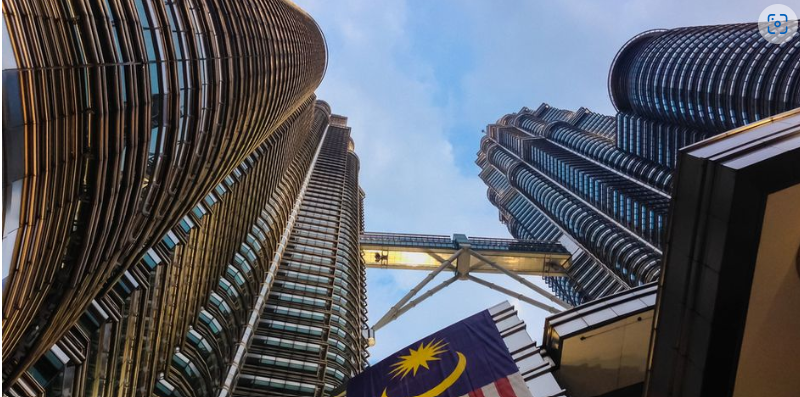In summary
This article provides an overview of developments in competition law from 2022 to 2024, including the status of proposed amendments to introduce a cross sectoral merger control regime in Malaysia, the application of merger control via sectoral laws, cartels and abuse of dominance enforcement actions in Malaysia.
Discussion points
- The sector-specific merger control regimes in Malaysia;
- The Malaysian Competition Commission’s (MyCC) recent enforcement actions against domestic cartels;
- Exclusivity clauses by dominant enterprises under the antitrust spotlight; and
- MyCC’s plans to conduct a market review on digital economy markets in Malaysia.
Referenced in this article
- The Competition Act 2010;
- The Communications and Multimedia Act 1998;
- The Malaysian Aviation Commission Act 2015;
- Grounds of decision by the Competition Appeal Tribunal on bid rigging;
- Finding of infringement against Leong Hup and four others; and
- Grounds of decision by the Competition Appeal Tribunal on Dagang Net.
Introduction
The MyCC is the cross-sectoral enforcement agency for competition law in Malaysia charged with enforcing the Competition Act 2010 (CA). The CA, which came into effect on 1 January 2012, applies to all commercial activities undertaken within Malaysia as well as outside of Malaysia (if it has an effect on competition in the Malaysian market), with the exception of certain commercial activities that have been carved out of the CA (eg, commercial activities regulated under the Communications and Multimedia Act 1998 (CMA), the Energy Commission Act 2001 and the Malaysian Aviation Commission Act 2015 (MACA). The main prohibitions under the CA presently relate to anticompetitive agreements (horizontal agreements, including cartels and vertical agreements)[1] and abuses of dominant position.[2]
Status of amendments to incorporate merger control in the CA
Unlike the aviation services industry and the communications and multimedia sector, there is presently no merger control regime contained in CA. During the tabling of the Competition Bill 2010 back in 20th April 2010, the then Minister of Domestic Trade and Consumer Affairs remarked that a merger control regime was not included in the CA at the point of its inception ‘to strengthen the Government’s intention to encourage the development of capital markets in Malaysia’ and ‘encourage[ing] merger and acquisition activities between businesses to strengthen the domestic economy and develop global corporations’.[3]
The policy basis to leave out a merger control regime in the CA appears to have changed. Recognising that the absence of merger control powers deprives the MyCC and the government of a more direct influence over changes in market structures that may be adverse to competition, on 21 December 2021, MyCC obtained policy approval from the Cabinet to incorporate a merger control regime via amendments to the CA.[4]
On 25 April 2022, the MyCC issued a public consultation paper setting out its proposed amendments to the CA, which includes provisions to facilitate the introduction of a cross-sector merger control regime. While the original timelines for its introduction have passed, a recent statement by MyCC indicates that the merger control regime is targeted to be tabled for parliamentary debates in June 2024.[5] Some of the key features of the proposed merger control regime are summarised in the table below:[6]
Reference : https://globalcompetitionreview.com/review/the-asia-pacific-antitrust-review/2024/article/malaysia-lack-of-cross-sector-merger-control-sparks-updates-current-regime-and-new-emphasis-digital-economy

